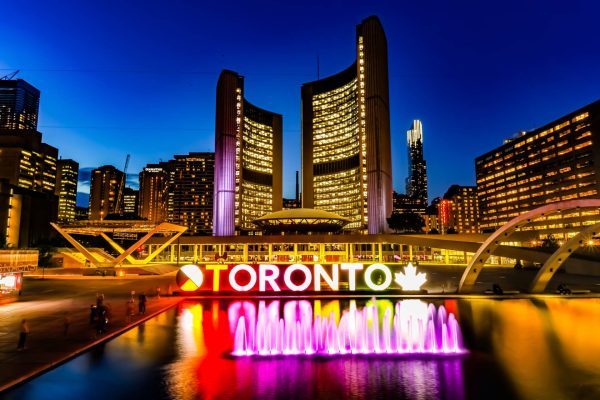Bring the right documents
Being issued a visa doesn’t guarantee entry into Canada. The officers at the ports of entry will ensure that everyone entering Canada has the necessary and correct documents prior to entry. From health and travel documents, customs declaration and disclosing funds, and anything else they deem necessary. The Canada Boarder Services Agency (CBSA) Officers are endowed with a lot of power. It is wise to be humble and cooperate with them to ensure your smooth entry to Canada. Also, remember to comply with the conditions of your entry.
Get your credentials assessed
If you are a skilled worker from outside Canada, you would need to have your credentials assessed to determine is equal to Canadian qualification. This helps organizations and employers know if your foreign education is equal or unequal to Canadian education and if they meet local standards. Credential assessment could be necessary for Canadian education or for Canada employment, and particularly for Canadian immigration.
Learn English and French
These are the two official languages of Canada, and every resident is expected to be able to communicate in either, comfortably. It is thus, important that if you are not already conversant with either of these languages, you do so to make life in Canada more enjoyable and easily adaptable for you. otherwise, quickly join any of the many free classes offered in various communities upon your arrival in Canada.
Get to know Canada
The weather, the laws, human rights, provinces and territories, family law, and your rights and responsibilities as a resident of Canada are all vital to your safe and successful life in Canada. It is thus, tremendously important that you familiarize yourself with these to avoid being caught off-guard.
Get help even before you arrive
There is in-person and online services from finding a job, settlement and languages, and various government funded programs available.
You and your family can get free in-person and online services to help prepare for and adjust to life in Canada.
These pre-arrival services can help you to
- prepare for your move to Canada
- get your education, work experience and credentials recognized in Canada
- connect with employers to find a job
- connect with free services after you arrive in Canada
You can access all the services that the government funds for free.
Know what you can bring and cannot bring to Canada
When you move to Canada from another country, you may bring your personal and household goods with you without paying duty, but you may pay duty on items that haven’t been used.
There is no duty paid on books, clothes, jewelry, gifts worth $60 or less each, hobby tools and other hobby items, private collections of coins, stamps or art, appliances such as stove or refrigerator, antiques, furniture, silverware, and musical instrument.
You must pay duty on farm equipment, equipment you plan to use in contracting, construction, or manufacturing, vehicles you plan to use for business, items you purchase on your way to Canada. If you are not sure if you must pay duty on some items, bring sales receipts and registration documents with you and the CBSA officer will do the assessment.
You may bring your wedding gifts without paying duty if you:
- get married within three months of coming to Canada
- plan to marry no later than three months after you arrive here
However, you must have owned the gifts before you arrived in Canada. These same conditions apply to household goods you bring in as wedding gifts.
If you bring alcohol or tobacco, you may have to pay duty on it.
Vehicles you bring into Canada for personal use are duty-free. There may be some limits. Cars must meet Canadian safety and pollution control standards.
Restrictions – there are different restrictions on bringing firearms into Canada depending on if you’re a permanent resident or planning to move to Canada.
There are also restrictions on bringing endangered species, animals, and plants into Canada.
Officers may ask you questions about your jewelry or precious ornaments during your customs interview. Make sure you describe these items on your list of goods. To avoid delays at customs when you enter Canada:
- use the wording from your insurance policy or jeweler’s appraisal on your list of goods
- include photographs of the items
- know how much you paid for the items or have a receipt showing how much you paid
- you don’t need to pay duty or tax on family heirlooms
We hope these tip help in making your move to Canada breezy and smooth.
Remember, you’re closer than you think!

